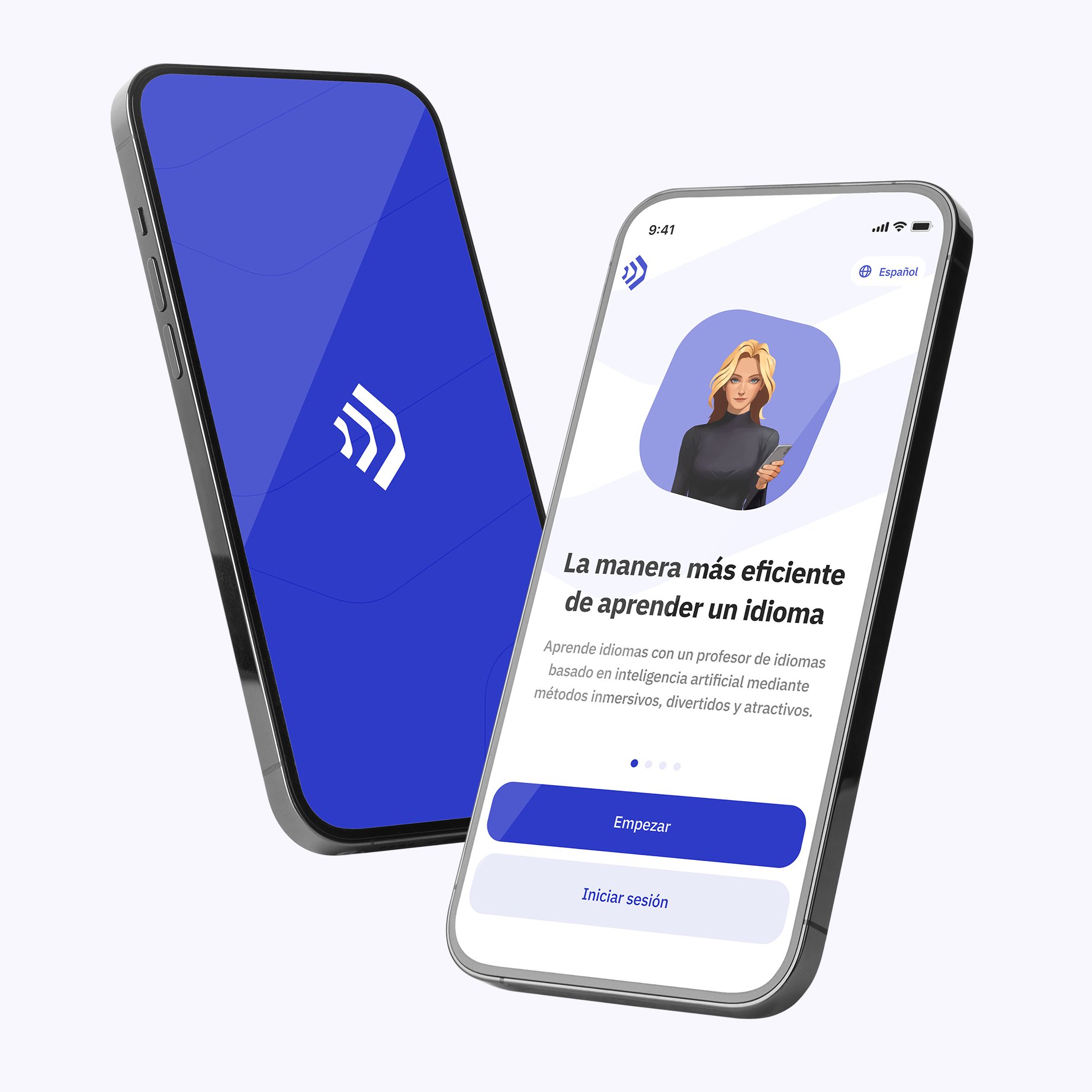El verbo "end" en inglés es un término fundamental que se utiliza para expresar la conclusión o el término de una actividad, evento, situación o periodo de tiempo. Este verbo es transitivo e intransitivo, lo que significa que puede usarse con o sin un objeto directo. La función principal de "end" es indicar que algo ha llegado a su finalización, cerrando un capítulo o completando un proceso. Este verbo es esencial en la comunicación diaria y en la narración de eventos, ya que permite describir la culminación de acciones o experiencias. Su uso es común en diversos contextos, tanto formales como informales, y es clave para entender y expresar la temporalidad y la secuencia de eventos en inglés.
The movie will end in about ten minutes.
She couldn't wait for the meeting to end so she could go home.
The book ends on a cliffhanger, leaving readers eager for the next installment.
He hopes to end his career on a high note with one last successful project.
When does the exhibition end?
They decided to end their partnership after several disagreements.
The teacher asked the students to end their conversations and pay attention.
She managed to end the argument by changing the subject.
Can we end this discussion and move on to something more productive?
The year will end with a massive celebration in the city square.
I end my work at 5 PM.
You end the game too early.
He ends the call abruptly.
She ends her performance with a bow.
It ends at midnight.
We end the meeting in agreement.
They end their trip in New York.
I ended the conversation.
You ended the relationship.
He ended the game with a strikeout.
She ended the performance with a song.
It ended at dawn.
We ended our journey in Italy.
They ended the project last week.
I will end the meeting by noon.
You will end up regretting that decision.
He will end the presentation soon.
She will end her speech with a quote.
It will end when the timer stops.
We will end our contract next month.
They will end their lease in July.
I am ending the session now.
You are ending the trial period.
He is ending his involvement in the project.
She is ending her speech.
It is ending soon.
We are ending the show with fireworks.
They are ending their studies at the university.
I was ending the email when you called.
You were ending your shift when the incident happened.
He was ending his meal when we arrived.
She was ending her assignment late last night.
It was ending just as we got there.
We were ending our discussion when the alarm went off.
They were ending their performance as the crowd cheered.
I will be ending the session by the time you arrive.
You will be ending your homework soon.
He will be ending his tenure at the company.
She will be ending her tour next week.
It will be ending in a few minutes.
We will be ending our debate by midnight.
They will be ending their vacation tomorrow.
La forma más eficiente de aprender un idioma
Prueba Talkpal gratis
Cada individuo aprende de una forma única. Con la tecnología de Talkpal , tenemos la capacidad de examinar cómo millones de personas aprenden simultáneamente y diseñar las plataformas educativas más eficientes, que se pueden personalizar para cada estudiante.

Recibe sugerencias y comentarios inmediatos y personalizados para acelerar tu dominio del idioma.

Aprende mediante métodos adaptados a tu estilo y ritmo únicos, garantizando un viaje personalizado y eficaz hacia la fluidez.
Talkpal es un tutor de idiomas basado en inteligencia artificial. Es la forma más eficaz de aprender un idioma. Chatea sobre una cantidad ilimitada de temas interesantes escribiendo o hablando mientras recibes mensajes con voz realista.


Talkpal, Inc., 2810 N Church St, Wilmington, Delaware 19802, US
© 2025 All Rights Reserved.